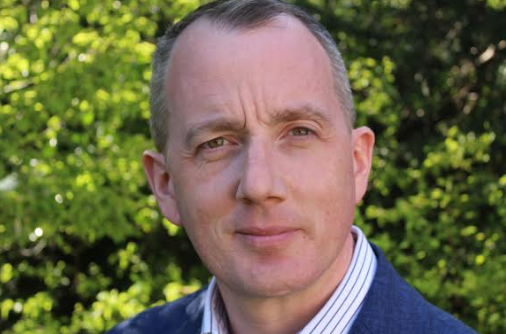The proportion of people volunteering for charities has fallen sharply since the Covid pandemic, according to latest research.
Just 7% of the public gave up their time for charity over the previous four weeks when asked in 2022, down from 9% in 2019.
The findings have emerged in a survey of more than 13,000 people by Charities Aid Foundation for its annual UK Giving Report.
It also found that only 13% said they have volunteered over the last year, while pre pandemic the figure was 17%. This represents 1.6m fewer people volunteering over the past five years.
Overall charitable and civic activity participation has fallen from 88% pre-pandemic to 84% in 2022.
Fewer people making charitable donations
In 2022 17% said they are set to reduce their charitable donations. This figure has emerged as just under seven in ten (69%) say they need to cut their spending amid the cost-of-living crisis.
In addition, around a quarter (24%) of people said they had changed their charitable behaviour amid double-digit inflation, with 5% saying they had reduced or cancelled a regular charity donation and one in ten not making a one-off donation.
The only months last year where giving improved on 2021’s figures were March and April “in reaction to the invasion in Ukraine”, said CAF.
This spike, where the average donation increased to £85 in March 2022, helped increase the total value of donations in 2022 by £2bn to £12.7bn.
But CAF cites analysis by think tank Pro Bono Economics that suggests inflation has cut the value of giving by £0.5bn.
Our UK Giving report provides insights into participation with charities in the UK.
— Charities Aid Foundation (@Caf) April 30, 2023
Donations, volunteering and sponsorship have still not recovered to pre-pandemic levels, suggesting a worrying change in charitable activity.
Read more ⬇️https://t.co/wDPkGk4A0n pic.twitter.com/WYyexzhnin
“It is worrying that we continue to see a declining number of people donating to charity alongside the drop in participation in fundraising events and volunteering due to Covid lockdowns, which now appear to be locked in,” said CAF chief executive Neil Heslop.
“While the Government’s lifelines for charities this year may have been make or break for many, these findings show the next task is to come up with the policy solutions and incentives required to foster a more widespread culture of giving and participation in the UK.”
Pro Bono Economics research and policy director Jansev Jemal added: “Charities have experienced a protracted period of difficulty since the outset of the pandemic.
“While managing a truly challenging triple threat of rising costs, income worries and spiralling demand, they continue to play their critical role supporting communities, providing services, and campaigning for change.
“It’s important that policymakers consider how they can support charities to raise more funds and to invest in the improvements they need.”













Recent Stories